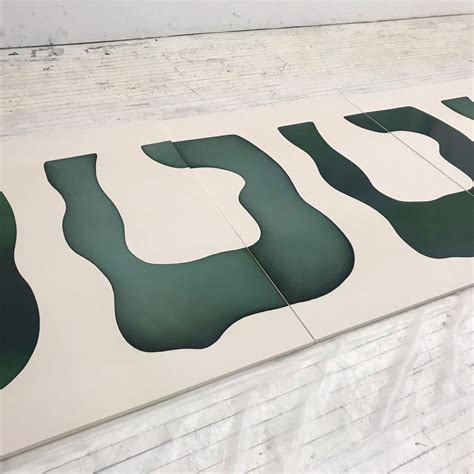A Quote by Richard Neutra
I am an eyewitness to the ways in which people relate to themselves and to each other, and my work is a way of scooping and ladling that experience.
Related Quotes
There's several ways to be a journalist. One way is to be combative and take the person to task and what you have is a portrait of somebody defending themselves, which is interesting. The other thing is to slip into their world and really be a representative for all the people that love the experience of that artist, and have them get so comfortable that you become invisible and they're themselves.
Most people are excited about themselves. Personal genome will deliver for inexpensively something about science to which you can relate. Just like computers are becoming something to which you can relate. It should be even easier to relate to your own biology, and I hope that will be one of the ways we get broader literacy in science.
While the primary function of formal Buddhist meditation is to create the possibility of the experience of "being," my work as a therapist has shown me that the demands of intimate life can be just as useful as meditation in moving people toward this capacity. Just as in formal meditation, intimate relationships teach us that the more we relate to each other as objects, the greater our disappointment. The trick, as in meditation, is to use this disappointment to change the way we relate.
A community is the mental and spiritual condition of knowing that the place is shared, and that the people who share the place define and limit the possibilities of each other's lives. It is the knowledge that people have of each other, their concern for each other, their trust in each other, the freedom with which they come and go among themselves.
I don't feel like my work is impersonal - it is, in many ways, a reflection upon me - but that's ultimately not the point. I'd rather each piece be seen as part of a larger experience, and that each installation be approached as a point of departure. As open as I am trying to keep things in my practice, I want the audience's experience to be as well. That's what keeps things existing.
There are all kinds of ways in which women, together, change the world. And I don't mean that in a cheesy way. I'm not somebody who believes all women should support each other. I believe very strongly in women critiquing each other, just not critiquing each other more intensely because they're women.
If people work together in an open way with porous boundaries - that is, if they listen to each other and really talk to each other - then they are bound to trade ideas that are mutual to each other and be influenced by each other. That mutual influence and open system of working creates collaboration.







































